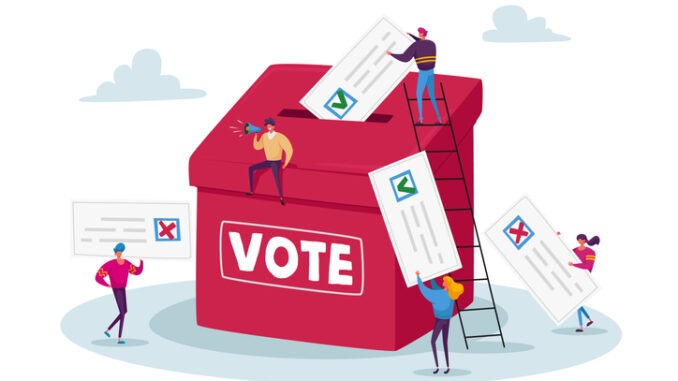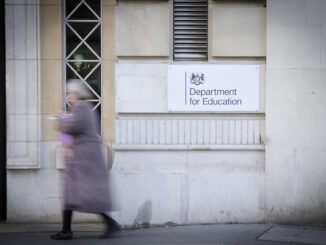
DfE guidance for headteachers, chief executives and teachers on the local election pre-election period
Promotion of political views in teaching
The law prohibits the promotion of partisan political views in teaching. Schools must take reasonable steps to ensure that, where political issues are brought to pupils’ attention at school, or during school extra-curricular activities, there is a balanced presentation of opposing views.
More information can be found in DfE guidance on political impartiality in schools.
Use of budgets and annual grants
Local authority maintained schools’ delegated budgets are only for any purposes of the school, or such purposes as prescribed in regulations. Schools should not use their budgets for other purposes.
The model funding agreement for academies requires that they only use the general annual grant for maintaining, carrying on, managing and developing their academies.
Restrictions on political activity
Local authority maintained schools should take note of the restrictions set out in Section 2 of the Local Government Act 1986. These prohibit local authorities from publishing material which appears to be designed to affect public support for a political party.
The Code of recommended practice on local authority publicity has further guidance.
Restrictions on political activity also apply to the use of school information and communication technology (ICT) facilities. You should not use school ICT facilities for the distribution of political material, including that produced by third parties, either within the area of the school site or beyond.
Multi-academy trusts, foundation schools and voluntary schools, as charities, are also subject to the restrictions in place on political activity by charity law. The Campaigning and political activity guidance for charities has further advice.
During this period of heightened political activity and sensitivity, leaders should ensure their school and staff avoid activity that could be construed as partisan, or favouring a particular political party.
Activities to promote political awareness to pupils
The restrictions set out above should not be seen as preventing schools and teachers from using the pre-election period to raise pupils’ awareness and understanding of the political process; activities could include hustings events and visits by local candidates or political party representatives. Schools are also able to run events such as mock elections involving pupils and overseen by school staff.
Schools should be mindful to avoid activity within the school that could be construed as promoting a particular partisan political view and should take reasonable steps to ensure that pupils are offered a balanced presentation of opposing views as part of these activities.
More information on periods of heightened political activity and sensitivity can be found in DfE guidance on political impartiality in schools.
Use of school premises for election meetings
The use of school premises for election meetings of candidates is allowed in certain circumstances as set out in section 95 of the Representation of the People Act 1983.


Be the first to comment